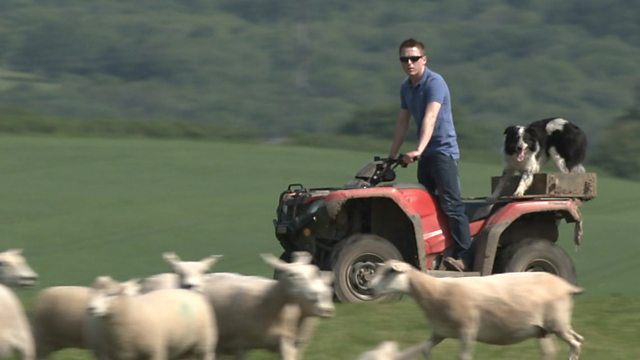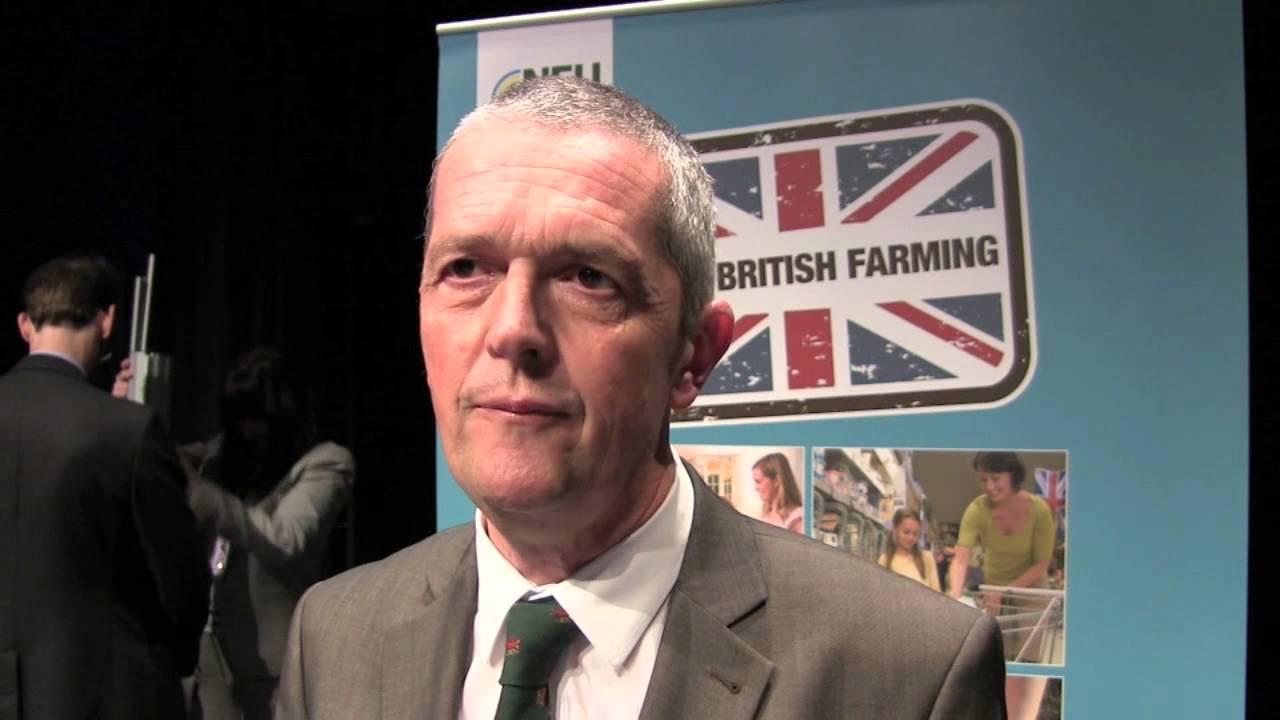
BBC Panorama has investigated Brexit and what this seismic shift will mean for British farmers and consumers.
The EU affects the whole food chain from field to fork. It dictates what farmers are allowed to grow, sets animal welfare standards and offers a large supply of cheap labour to work in the fields and processing plants.
Panorama's Tom Heap talks to insiders who claim Brexit will mean higher prices, lower quality and less choice on the shelves.
Others claim it is a fantastic opportunity to address inefficiency and design a new mode of food production for the next generation.
The programme also travels to the USA, where farming is run on an industrial scale.
The programme asks if UK consumers will back British farmers or switch to potentially cheaper imports of hormone-filled meat from abroad.
John Mills, Founder and Chairman of JML, Justin King, former CEO of Sainsbury’s, David Trowbridge, President-Elect of the Iowa Cattlemen’s Association, Guy Smith, Vice President of NFU and James Cleverly MP speak exclusively to the programme.
'Artificially high'
Economist and manufacturing boss John Mills has told BBC Panorama that he believes the EU keeps prices artificially high for the shopper and that it is the right time for a new approach to food.
John Mills said: "Tariffs keep the prices up. It’s not anything to do with quality it’s due to the institutional arrangements."
Whereas former CEO of Sainsbury’s Justin King warns Brexit will mean friction and barriers to trade that will lead to three key dangers; higher prices, less choice and poorer quality.

Justin King said: "The direction will be higher prices, less choice and poorer quality."
The programme also travelled to the USA, where they spend 6 per cent of their income on food compared to 8 per cent in the UK.
There farms are run on an industrial scale making them more efficient, and with a new administration in power President of the Iowa Cattleman Association believes it’s time to make American farming great again and win new orders from abroad.
David Trowbridge said: "Britain is a great possibility where we can go with our product and increase our profitability and provide a safe and nutritious product for the British people."
Growth hormones
The most controversial difference in livestock farming either side of the Atlantic is the American use of growth hormones, banned in the EU.
The Vice President of the National Farming Union (NFU) Guy Smith is concerned about cheaper products grown to different standards and the over-reliance of foreign food imports.
Guy Smith, Vice President of NFU explained: "Any civilized country has to ask itself do we want to become recklessly dependant on imports for our food needs."
James Cleverly MP, leave supporter and trade committee member, told the programme the UK can strike a good deal with the EU, as Britain has a highly desirable market.
However he does admit the Government has not paid enough attention to UK farming.
James Cleverly MP said: "Criticisms that we as a society and perhaps as policy makers have just not paid food and farming as much attention as it deserves I think is a very, very fair criticism."
Emerging markets
The programme also spoke to two Welsh livestock farmers, with opposing opinions on the consequences of Brexit on their industry.
Jacob Anthony is excited about new possibilities to infiltrate emerging markets such as China and he believes Europe wide decisions about farming just don’t work.
Jacob Anthony said: "This is a once in a lifetime opportunity …. for us to have a say in the way that our farms are farmed."
Whereas John Davis is alarmed, seeing huge peril in a careless deal post-Brexit, and he is worried about the future of subsidies which are vital for his industry, trade within the EU, and cheap international imports flooding the market.
John Davies said: "We need unfettered and free access to the European market for what we produce."
BBC Panorama - Britain’s Food and Farming: The Brexit Effect, will be shown tonight (Monday 10 July) at 8:30pm.
